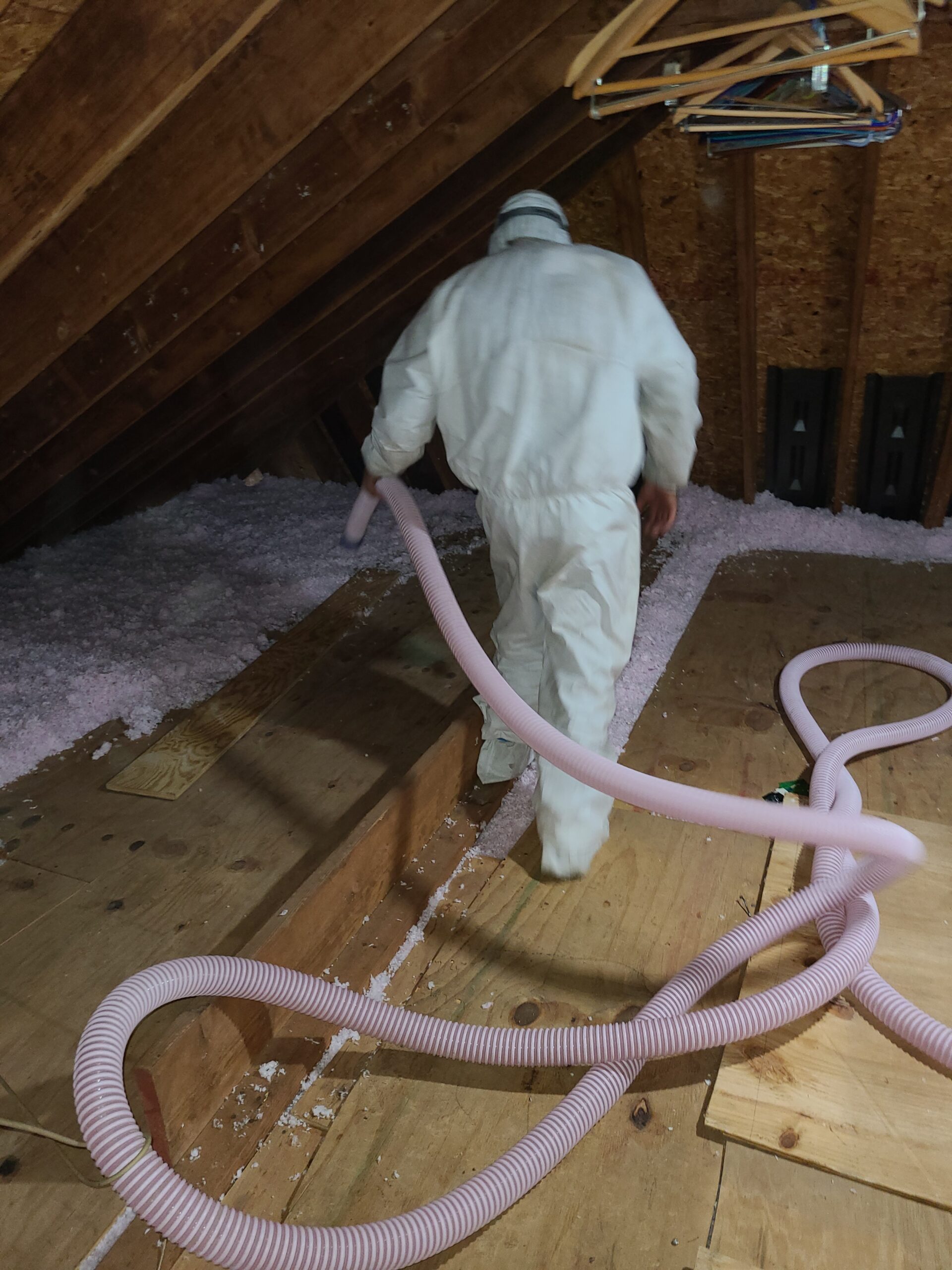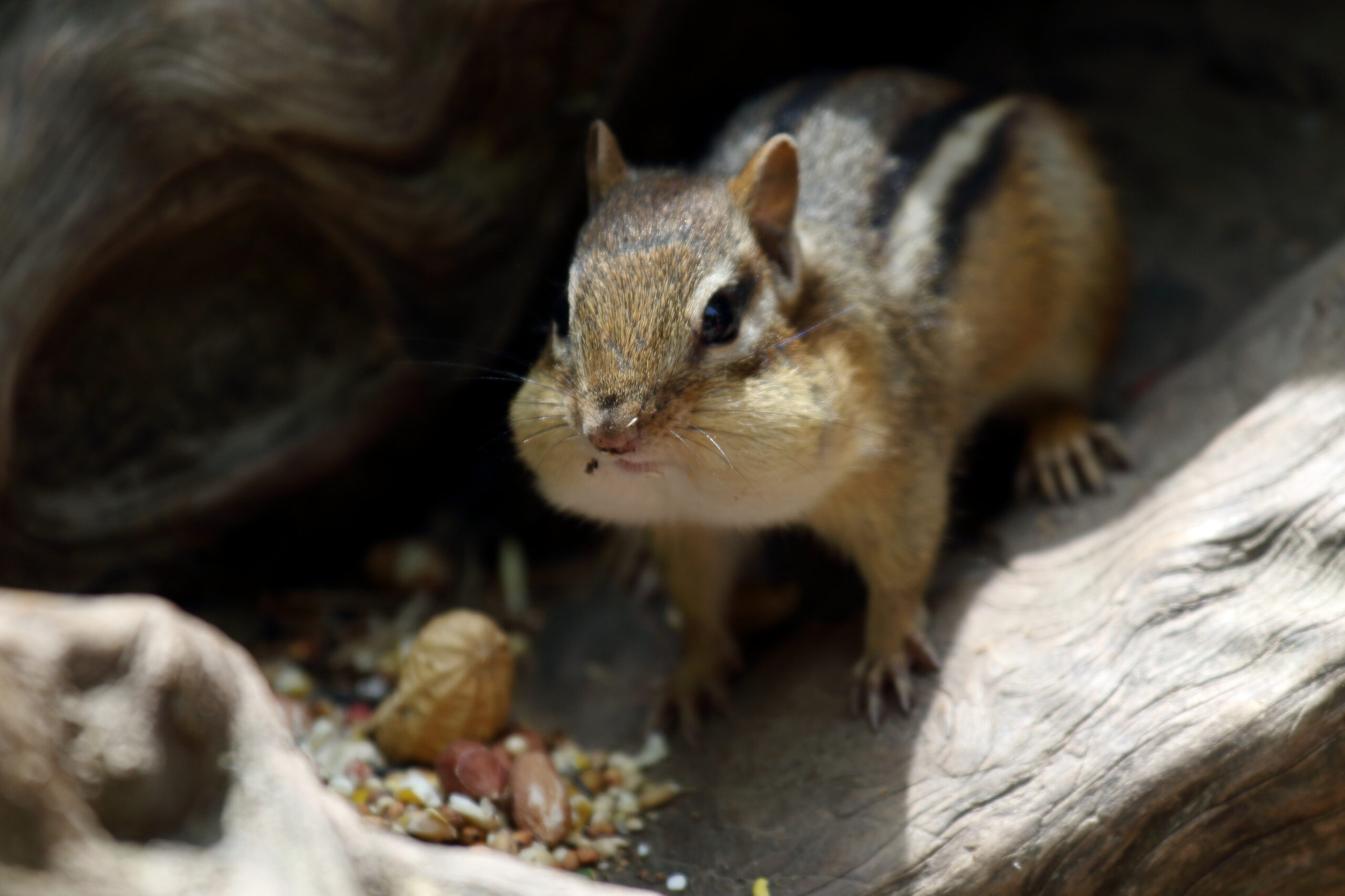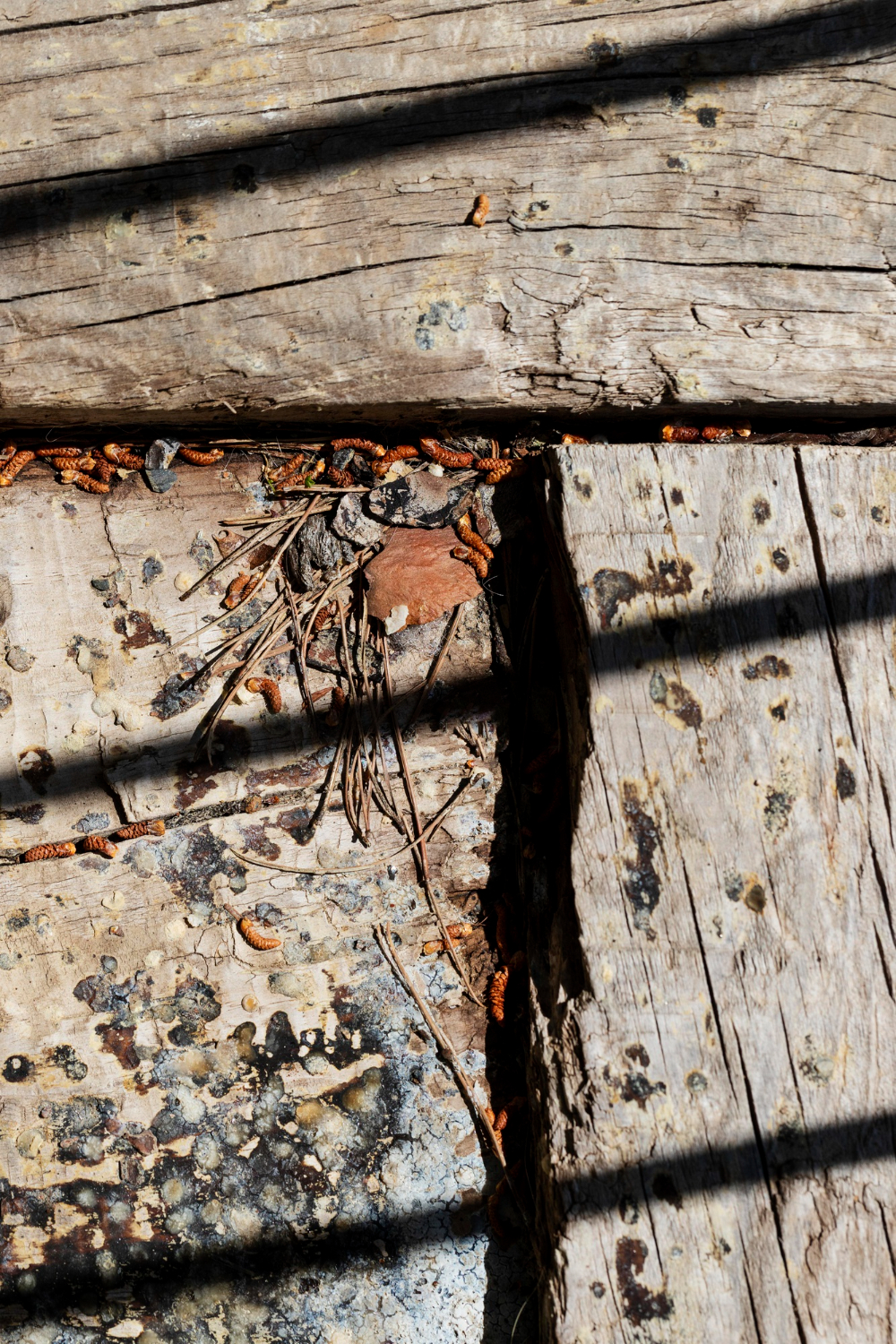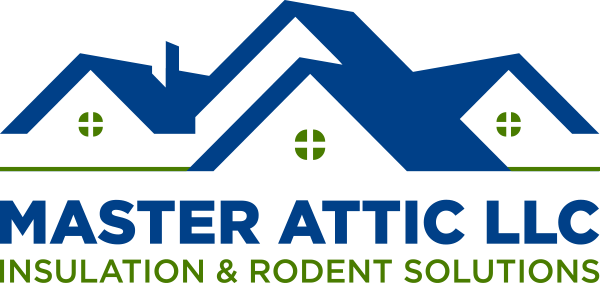
How Much Does Attic Cleaning Cost?
How Much Does Attic Cleaning Cost? Even though attics are the least visited area in your home, they need as much care and maintenance as
Chipmunks and squirrels are one of nature’s most seen creatures, but they can create severe damage, such as damage to your garden, attics, and crawl spaces. Since chipmunks travel underground, they will even weaken structural areas of your home.
As you continue reading below, we’ll discuss the signs of a squirrel and chipmunk infestation and the do’s and don’ts of squirrel and chipmunk removal.

You can tell when squirrels and chipmunks are near when you’re outdoors due to how many builds they leave behind. Chipmunks build tunnels that are anywhere from two to three inches wide. Chipmunks and squirrels can get into your home, whether it be through your crawlspace, attic, or deck.
These rodents aren’t easy to miss if they’re indoors, as you’ll notice scratching noises. If you hear noises in your home, you might be dealing with a squirrel or chipmunk infestation.
Animal experts recommend changing to your backyard area to avoid chipmunk damage to your home. Since chipmunks travel underground, here are some of the recommendations:
Repelling scents is sometimes tricky to use and find the best scent suitable for the particular rodent. While there aren’t many specific repelling scents for chipmunks, commercial repellents that repel squirrels can also repel chipmunks. Some squirrel repellents that you can find are:
In addition, you can also attempt to repel squirrels and chipmunks by using certain oils. Some oils that you can use are peppermint, citrus, cinnamon, garlic, chili powder, and cayenne pepper.
One of the most humane ways to trap a chipmunk and squirrel is by trapping and relocating them back to their natural environment. When attempting this method, you should always consult a professional, as some rodents can bring diseases that are harmful to humans.
You should always check your local laws to see how to relocate squirrels and chipmunks in your area. Relocating these rodents is only legal in some areas. For trapping and relocating a squirrel and chipmunk, a professional can:
As an alternative approach to protecting your flower bulbs using hardware cloth, you can also plant flowers that chipmunks and squirrels don’t like. In addition to peppermint oil, these squirrels don’t like daffodils, allium, marigolds, lavender, and sage.
Since chipmunks are ground feeders, they will feed off any bird food that spills out of feeders. To help keep chipmunks away from bird feeders, you should:
Keeping your yard clean is one of the most essential things you can do when keeping squirrels and chipmunks out of your home. When keeping your hard clean, you should do the following:
If you have a squirrel or chipmunk infestation, you should never attempt to remove squirrels and chipmunks on your own. These rodents can create dangerous and fast-destructing situations, leading to severe damage.
At Master Attic, we can help you remove squirrels and chipmunks from your attic or crawl space area. When using rodent removal services, our professionals will:
Call us today to schedule a free in-home estimate if you need help removing squirrels or chipmunks from your attic or crawl space.
To remove squirrels and chipmunks, you can construct barriers, plant flowers, use repelling scents, use traps, construct barriers, and use a professional.
Squirrels and chipmunks are dangerous rodents that can carry diseases, and you should always consult a professional to remove them.
A professional can remove squirrels and rodents by following a process that includes inspection to assess the infestation, identification of the specific rodent species, exclusion of entry points, strategic placement of traps or bait, safe removal of trapped rodents, sanitation of affected areas, ongoing monitoring, and providing recommendations for prevention. It’s essential to comply with local regulations and laws, and hiring a pest control expert is recommended for safe and effective removal while minimizing potential health risks and ensuring humane treatment of the animals.

How Much Does Attic Cleaning Cost? Even though attics are the least visited area in your home, they need as much care and maintenance as

How To Insulate Your Crawlspace Effectively The most crucial home space, often overlooked by homeowners, is typically a narrow, unfinished subterranean dirt floor called the

5 Signs of a Mouse Infestation In Your Attic Do you believe you’re dealing with a mouse infestation in your attic? In the United States,

We strive endlessly to provide a service like no other; quality, safety and comfort is our #1 priority for your family.
Fully Licensed and Insured
NJ # 13VH09509100
PA # 147980
Look out for a confirmation email!
A Master Attic Pro Will Reach Out To You Shortly
